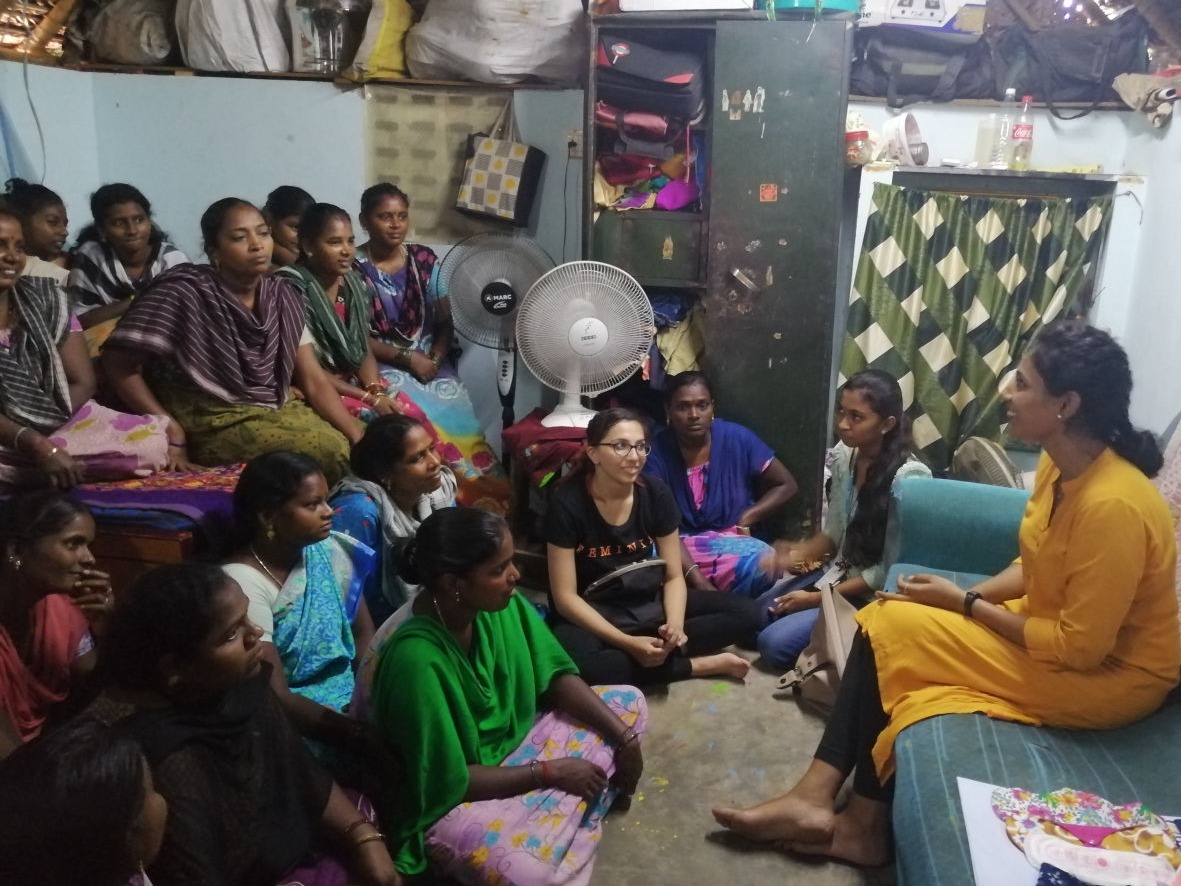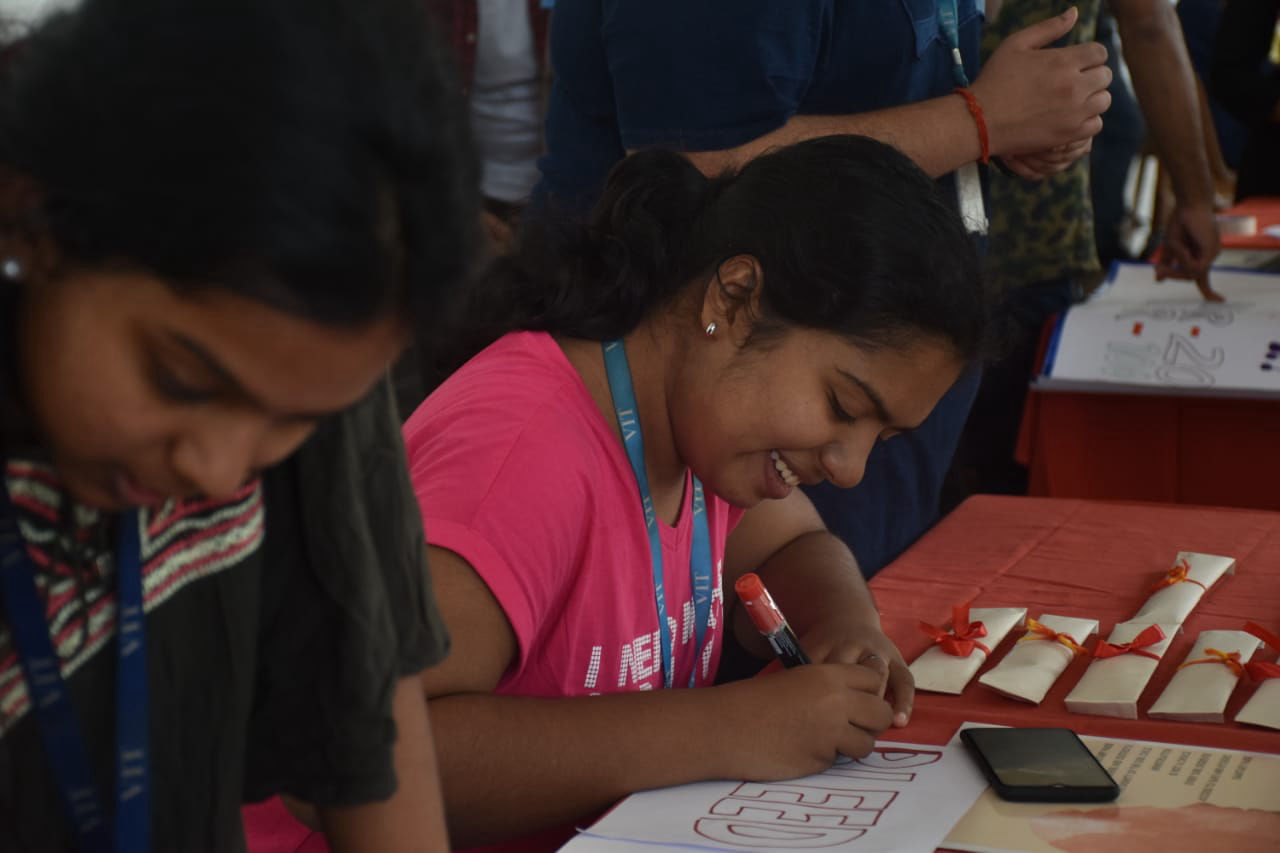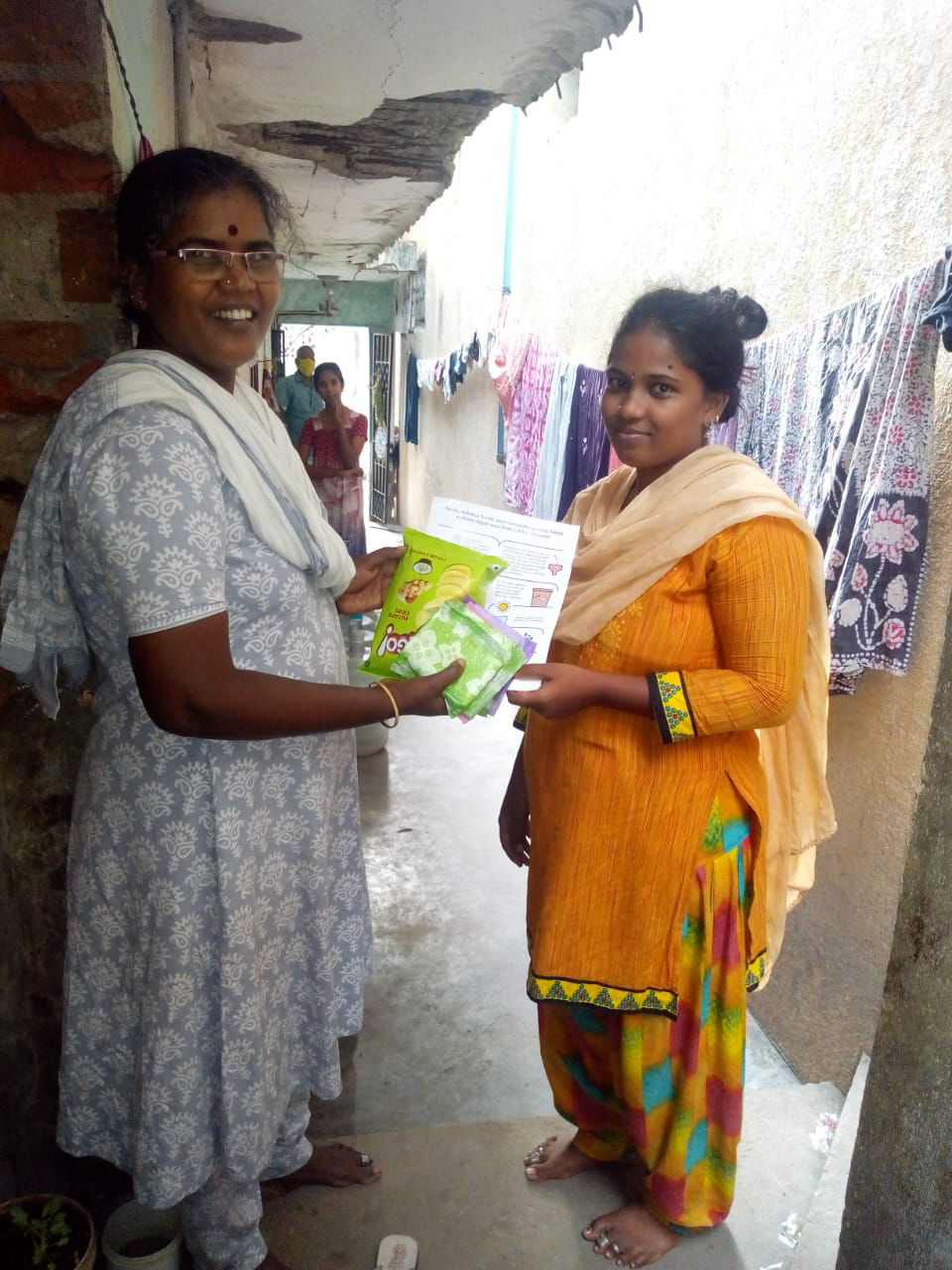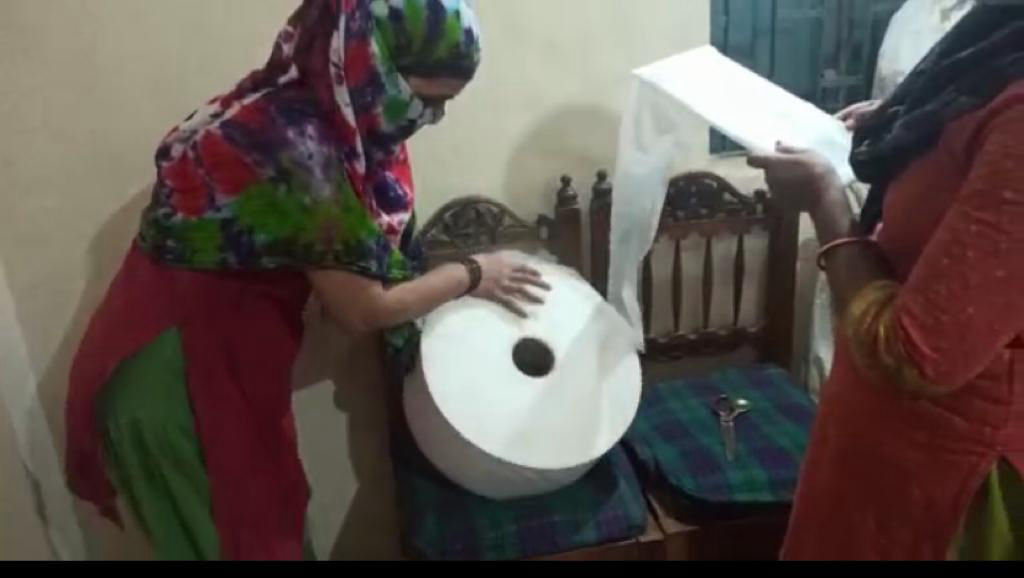Project Naari
Naari started its mission to educate and raise
awareness, regarding menstrual health and hygiene,
especially in backward economic zones. To strengthen
our awareness mission, Project Naari partnered with
various organizations like Ecofemme, Teach for
India, Beyond Blood, Orange Health, to conduct a
plethora of 37+ online and offline sessions in 4+
slums,12+ schools by and educating more than 365
menstruators, following appropriate Covid-19
protocols.
A massive pad donation drive was conducted in
collaboration with the Center for Women's
Development and Research and the Kindness
Foundation. With over 2100 pads, we were able to
impact the lives of 80+ people in the slums of
Adambakkam, Velachery, and Thiruvanmiyur.
We were religiously devoted to the sale of
cotton pads by the other small start-ups, with the
help of 6 women. We started the journey of producing
our own eco-friendly pads with a crowdsourcing
campaign where 495+ donors from all around the globe
helped in raising a magnanimous amount of
3,57,000/-.
Project Naari had already gained a
jumpstart to its motive, but soon our team realized
the need for all-around menstrual assistance for
menstruators of all ages; that's how our next
venture: the period tracker was started. With
amazing features like pad counter, menses podcasts,
and period tracker, we hope to go live by the end of
2021.
Our social media ventures continuously
deliver thought-provoking content to propagate our
mission of sustainable menstruation to Netizens and
have managed to obtain a reach of more than 50k. In
March 2021, Project Naari collaborated with Peesafe
and participated in a series of podcasts
conducted by Big FM 92.7 Tamil acting as a
breakthrough for Project Naari in terms of outreach.



